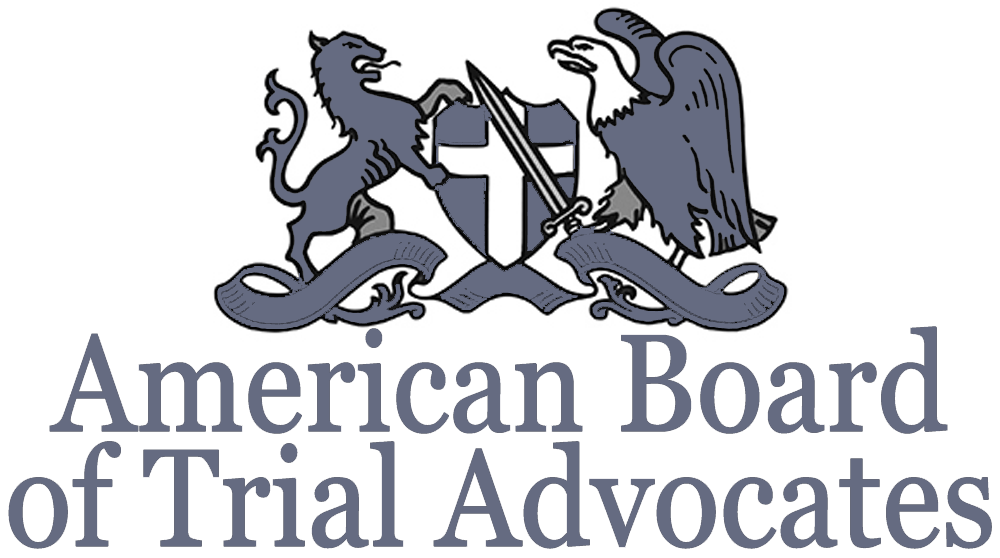In Augustus v. ABM Security Services, (2016) 2 Cal.5th 257, RPNA won a final decision by the Supreme Court of California, which overturned an appellate court ruling and upheld the 2012 trial court decision that “on-duty” rest breaks are in violation of California wage and hour laws. The precedential decision reinstated the trial court’s award of $89.7 million in wages, interest and penalties to the class of approximately 15,000 former and present ABM security guards, and is expected to carry significant ramifications for the California workplace for years to come.
RESULTS
RPNA won a significant claims mishandling case on behalf of Swiss Re, one of the world’s leading providers of reinsurance. After a 3 week trial, the superior court ruled that Sedgwick TPA Specialty Risk Services (SRS) committed seven distinct acts of negligence in handling a workers’ compensation claim that caused damages of nearly $6.8 million. Combined with prejudgment interest, the verdict totals in excess of $9.1 million. The decision demonstrates that employers and excess carriers are on the same footing when dealing with aTPA’s mishandling of claims, and that employers can and should enforce their rights to pursue remedies against their TPAs when there is negligence in handling their workers’ compensation claims.
RPNA prevailed over Berkshire Hathaway subsidiary, Applied Underwriters, in the case Luxor Cabs v. Applied Underwriters Captive Risk Assurance Company. It is the first decision in a California court to state expressly that it is the court, not arbitrators, who will decide whether or not arbitration clauses are enforceable. It is also the first California decision to state expressly that arbitration clauses are void and unenforceable when the underlying agreements have not been filed with the WCIRB, an issue being litigated in many other jurisdictions across the country.
RPNA attorneys prevailed over multinational giant ABM Industries, Inc., a multi-billion dollar publically traded corporation. Los Angeles County Superior Court Judge John S. Wiley awarded $89.7 million in wages, interest and penalties to a class of approximately 15,000 former and present security guards in the case of Augustus v. ABM Security Services. In a battle fought for seven years, the Court confirmed that the security guards were denied off duty rest breaks in violation of California law.
In DMS Services v. Superior Court, RPNA secured a writ of mandate from the Court of Appeal, which reversed a trial court’s order that forced our client into arbitration in connection with a bad faith workers’ comp case brought against the third party administrator (TPA) who mishandled our client’s claims. The TPA tried to invoke the arbitration agreement that our client had with the carrier, and our attorneys were able to successfully argue to the Court of Appeal that our client never agreed to arbitrate disputes with the TPA notwithstanding that the claims were insured by the carrier.
In the landmark decision Palm Medical v. State Fund, RPNA prevailed at trial against State Fund, with the jury concluding that State Fund violated the doctrine of fair procedure in excluding RPNA’s client (an occupational medical clinic), from its preferred provider network. The jury awarded damages of $1.1 million and the Court enforced an injunction. On appeal, the Court held that the jury was correct, that State Fund did violate the doctrine of fair procedure and that the damages award was appropriate. This verdict was the first case in the State of California that awarded damages against a workers’ compensation carrier for violating the doctrine of fair procedure.
RPNA proudly represented Children’s Hospital of Los Angeles (CHLA) in a three judge arbitration against its liability carrier for breach of contract in cancelling CHLA’s liability policy earlier than the contract allowed. The arbitrators awarded damages in excess of $3 million, plus attorneys’ fees. Read CHLA Letter…
In Donabedian v. Mercury, the Second District Court of Appeal held that a class of insureds could bring an unfair business practices action alleging that the insurance carrier violated provisions of Proposition 103 in the manner in which premiums were charged. This was the first case which had held that violation of an approved class plan could constitute an unfair business practice under the California Unfair Competition Laws.
In a groundbreaking 7-0 decision in the case of Schaefer Ambulance v. State Fund, the California Supreme Court held that State Fund was not immune from a claim that its conduct was an unfair business practice in the manner in which it allocated certain expenses to employers workers’ compensation losses. RPNA represented a class of employers alleging that State Fund misallocated medical legal costs, which artificially increased employer losses, resulting in excessive premiums. State Fund argued that they were immune from suit and that only the Department of Insurance could regulate their insurance rates. The Supreme Court disagreed, finding that this was not a rating case, but rather pertained to State Fund’s conduct and the manner in which they allocated expenses.
In Notrica’s 32nd Street Markets v. State Fund, RPNA won a ground breaking trial and appellate decision, as they obtained the first jury verdict rendered in the State of California against a workers’ compensation insurance carrier for bad faith claims mishandling. The jury found that State Fund acted in bad faith in the manner in which they handled claims and set reserves on claims, and awarded not only compensatory damages, but $20 million in punitive damages against the State Fund. The Court of Appeal upheld the jury’s finding of bad faith, and although they reduced the punitive damages award to $5 million, they agreed that State Fund’s reserving standard was violative of the law, and an act of bad faith.
McGregor Yacht v. State Fund was the first case in the State of California which established the standards for properly reserving a workers’ compensation case. The Court of Appeal affirmed the trial court’s decision that State Fund’s “maximum probable potential” reserving standard was bad faith as a matter of law, and that a carrier owed a duty to reserve workers’ compensation cases for what they, in good faith, believed the case would actually cost.
Security Officers Services v. State Fund was one of RPNA’s first groundbreaking decisions at the Court of Appeal against State Fund, and established the principle of law that a workers’ compensation carrier could be liable in tort for bad faith claims mishandling. Up until this point in time, insurance carriers were free to handle and reserve claims in any manner they believed was appropriate, even if the insured suffered, as long as the underlying workers’ compensation claim was paid. For the first time an appellate court determined that a carrier owes duties of good faith and fair dealing to the insured employer regarding the manner in which they handle and reserve workers’ compensation claims.
In defending a class action for purported wage and hour violations on behalf of a national retail chain, RPNA successfully eliminated one-third of the class by enforcing an arbitration agreement between the client and the employees. The Court ruled not only that the agreement to arbitrate stood, but also that class wide arbitration was inappropriate as well.
In Gonzales v. U.S. Dept. of Homeland Sec., RPNA obtained a court order precluding the DHS from relying on its regulation that requires a requestor under the Freedom of Information Act (FOIA) to obtain the written consent of the individual whose records were sought. DHS vigorously opposed the lawsuit, arguing that its 2003 regulation complied with the FOIA, had been relied on by courts, and should be given deference. RPNA countered that the regulation conflicted with the FOIA, and resulted in unequal treatment of FOIA requesters. RPNA prevailed and the regulation was deemed to violate the FOIA. The decision not only applied to RPNA’s client, but to all FOIA requesters across the country. RPNA was also able to recover a substantial amount of attorneys’ fees for its client.








